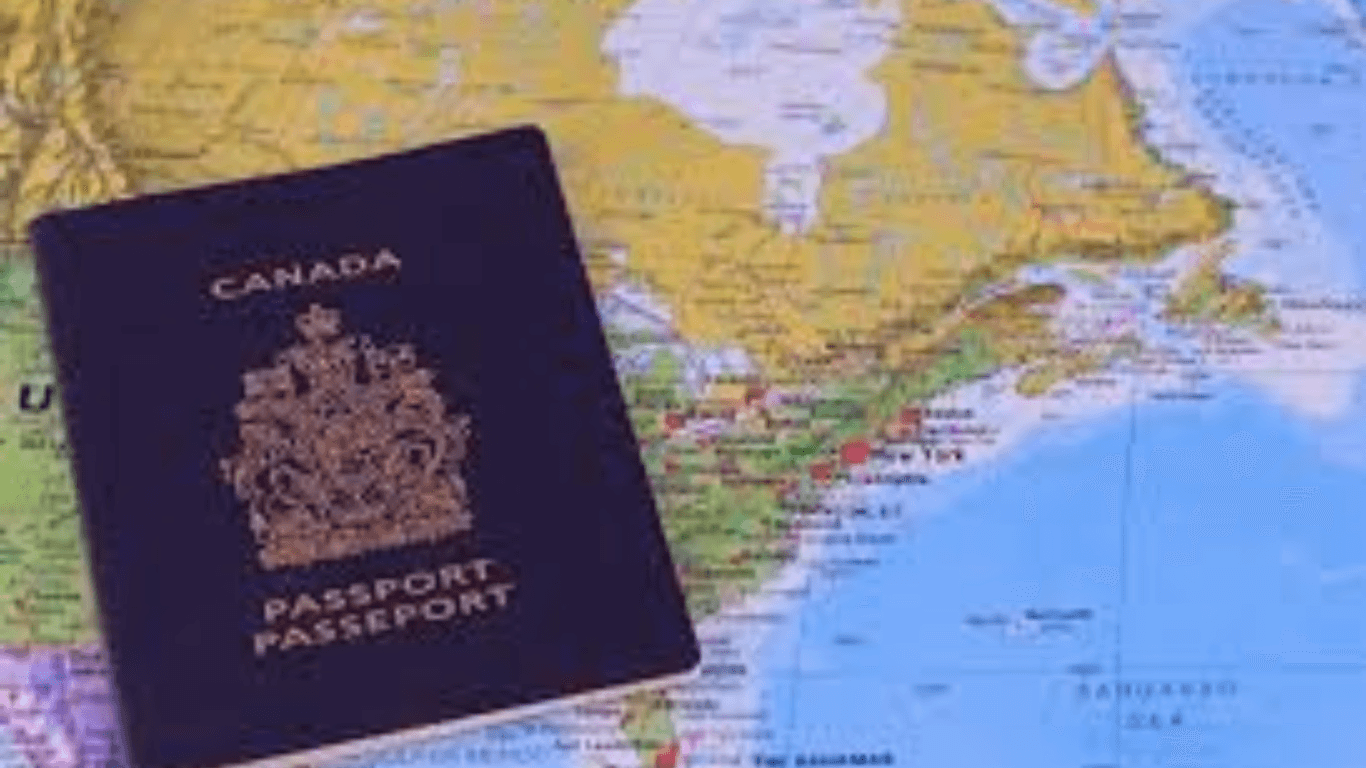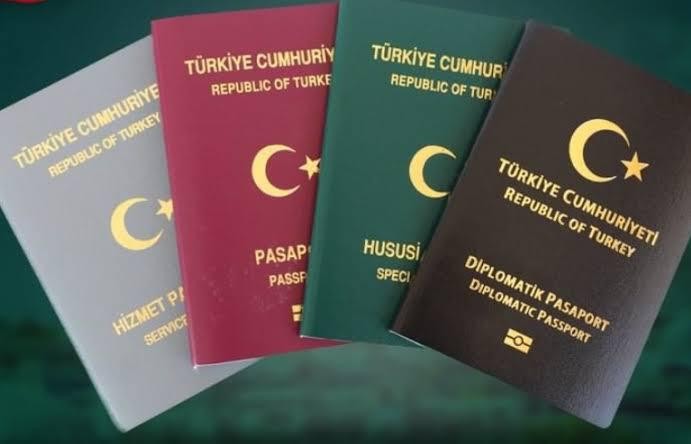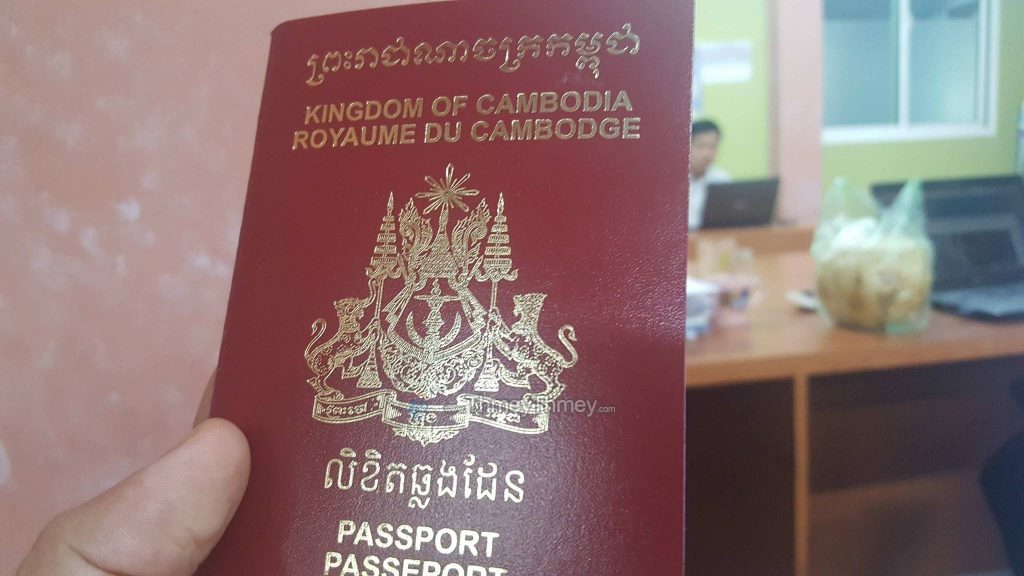Introduction:
With its unparalleled natural beauty, diverse cultural landscape, and abundant opportunities, Canada remains a popular destination among international students and professionals. This essay aims to shed light on obtaining a Canada visa from the Czech, providing an overview of the necessary steps and requirements. Understanding these intricacies is crucial for aspiring graduate students contemplating further education or researchers seeking collaborative partnerships in Canada.
1. Visa Types:
The first step in exploring the Canadian visa process is understanding the visa types available to Czech individuals. The most relevant options include graduate students’ study permits and work permits for researchers, professionals, or individuals with unique skills.
2. Educational Institutions and Programs:
To initiate the process, prospective graduate students must research and identify appropriate Canadian schools and programs that align with their academic aspirations. Admissions requirements, program accreditation, and faculty expertise should factor into their decision-making process.
3. Acceptance and Financial Proof:
Once a suitable program and institution are chosen, applicants must acquire an acceptance letter from the Canadian educational institution. Additionally, sufficient proof of financial capability to cover tuition fees, living expenses, and return transportation is required.
4. Visa Application:
Applicants must navigate through the online application portal provided by the Canadian government. This step involves providing CANADA VISA FROM CROATIA personal, educational, and financial details, alongside supporting documents such as transcripts, language proficiency test results, and passport information.
5. Biometric Data Collection:
Biometric data, including fingerprints and photos, must be collected during the visa application. This is typically done in person at a visa application center, ensuring security and the accurate identity verification of the applicant.
6. Medical Examination:
Medical examinations may be obligatory for specific visa categories, particularly long-term stays. This examination confirms the applicant’s good health and the absence of any contagious diseases that may threaten public health in Canada.
7. Language Proficiency:
Applicants may need to demonstrate their English or French language proficiency to ensure successful communication and academic integration. Commonly accepted language tests include IELTS and TOEFL, among others.
8. Financial Resources:
Securing sufficient funds for living expenses during their stay in Canada is a significant aspect of the visa process. Financial documents, such as bank statements and sponsorship letters, should demonstrate the applicant’s capacity to support themselves financially throughout their stay.
9. Appointment at Visa Centre:
After completing all necessary steps, an appointment must be scheduled at the visa application center. Applicants will submit their application, supporting documents, and biometric data here. It is essential to adhere to the scheduled appointment and promptly rectify any discrepancies.
10. Processing and Decision:
The final step involves awaiting the Canadian immigration authorities’ decision regarding the visa application. Processing times vary, but regular communication with the visa center and application status tracking are recommended.
Conclusion:
Acquiring a Canadian visa from the Czech Republic is an intricate process, demanding attention to detail and adherence to guidelines. This essay has provided an overview of the necessary steps and requirements empowering prospective graduate students to make informed decisions and embark on their educational and professional aspirations in Canada.











